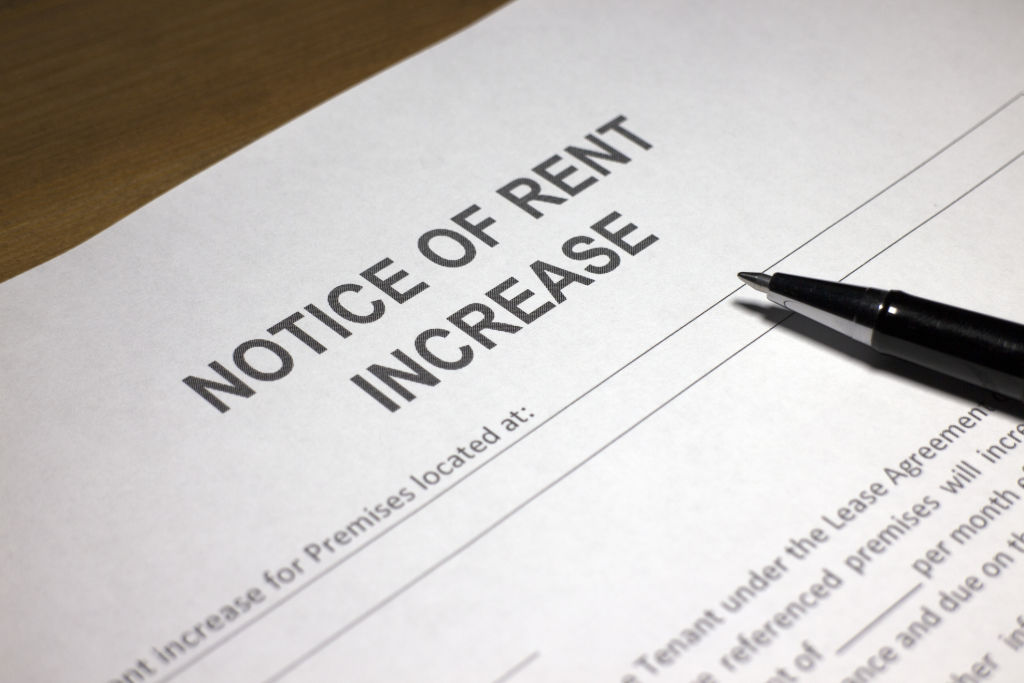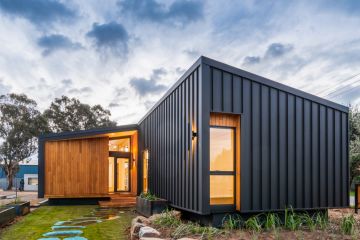Where residential landlords aren't allowed to increase rents

Are you a Victorian, West Australian, South Australian or Tasmanian residential tenant whose rent has increased over the pandemic? If you answered yes, you’ve likely been overpaying.
To find out you’ve been overcharged, especially during a recession, is incredibly frustrating – that’s certainly how I felt when discovering the rent increase I’d been paying for six months was invalid.
At a time where many landlords were slashing rents due to the ongoing effects of the pandemic, here I was paying more than ever before, and it wasn’t even allowed.
My partner and I received notice of a rent increase to our Melbourne property back in February 2020, before COVID-19 really took hold in Australia, but the rise didn’t come into effect until May.
When Melbourne entered its initial lockdown, almost all of my partner’s, and much of my income, was lost, but we felt uneasy asking for the rent increase to be waived. After all, we had savings, we liked our place, and we didn’t want to give our landlord any reason to evict us down the track.
In any case, we thought the landlord or property manager would reach out, saying the rent increase had been dropped on compassionate grounds, but a notice never came.
It wasn’t until receiving a mass text message from the Victorian government on November 5 alerting tenants that rent rises were temporarily banned that I realised this rent increase wasn’t merely insensitive, but invalid.
I followed up with the Legal Services Team at Tenants Victoria just in case, and they confirmed the rent increase was indeed invalid, and I should resume paying the original rent amount. I was advised to ask my landlord to refund the overpaid rent or apply to VCAT for a compensation order.
I do not know my landlord or their circumstances, but I understand it’s possible they didn’t know about these new rules, even though I believe it is their responsibility to be across them.
I ended up notifying my property manager of the current rent increase rules, and it was soon agreed the overpaid amount would be deducted from the next month’s rent.
Given I was only recently made aware of these rules, I can only imagine how many people are unknowingly in the same situation.
Simply put, landlords currently cannot raise the rent in three Australian states, as outlined below.
If you believe you have been overcharged during the pandemic, contact your landlord or property manager to request a refund.
Temporary COVID-19 residential rent increase rules
From March 29, 2020 until at least March 28, 2021, landlords cannot increase the rent for their property.
Landlords are unable to increase the rent where the tenant is suffering financial hardship due to COVID-19. These initiatives can be expected to be in place until February 6, 2021, or 28 days after all relevant declarations relating to COVID-19 have ceased – whichever comes first.
Any rent increase that was due to take place between April 23, 2020 and January 31, 2021 (previously December 1, 2020) will not take effect until February 1, 2021. This includes any rent increase where notice was given prior to April 23, 2020, if that rent increase is yet to take place.
In response to COVID-19, the Western Australian Government implemented a moratorium on some evictions and all rent increases, under the Residential Tenancies (COVID-19 Response) Act 2020. The extended emergency period ends on March 28, 2021, which means that all the existing laws will stay in place until this date, after which the ordinary tenancy laws will apply again.
A rental increase freeze for COVID-19-impacted households in the ACT operated until October 22, 2020.
There are currently no provisions in NSW to stop rent increases for any residential tenants. Until March 26, 2021 there are restrictions in place for evictions for rent arrears where the household is in financial hardship due to COVID-19.
There are currently no new provisions in Queensland to stop rent increases for any residential tenants.
There are currently no new provisions in the NT to stop rent increases for any residential tenants.
We recommend
We thought you might like
States
Capital Cities
Capital Cities - Rentals
Popular Areas
Allhomes
More







